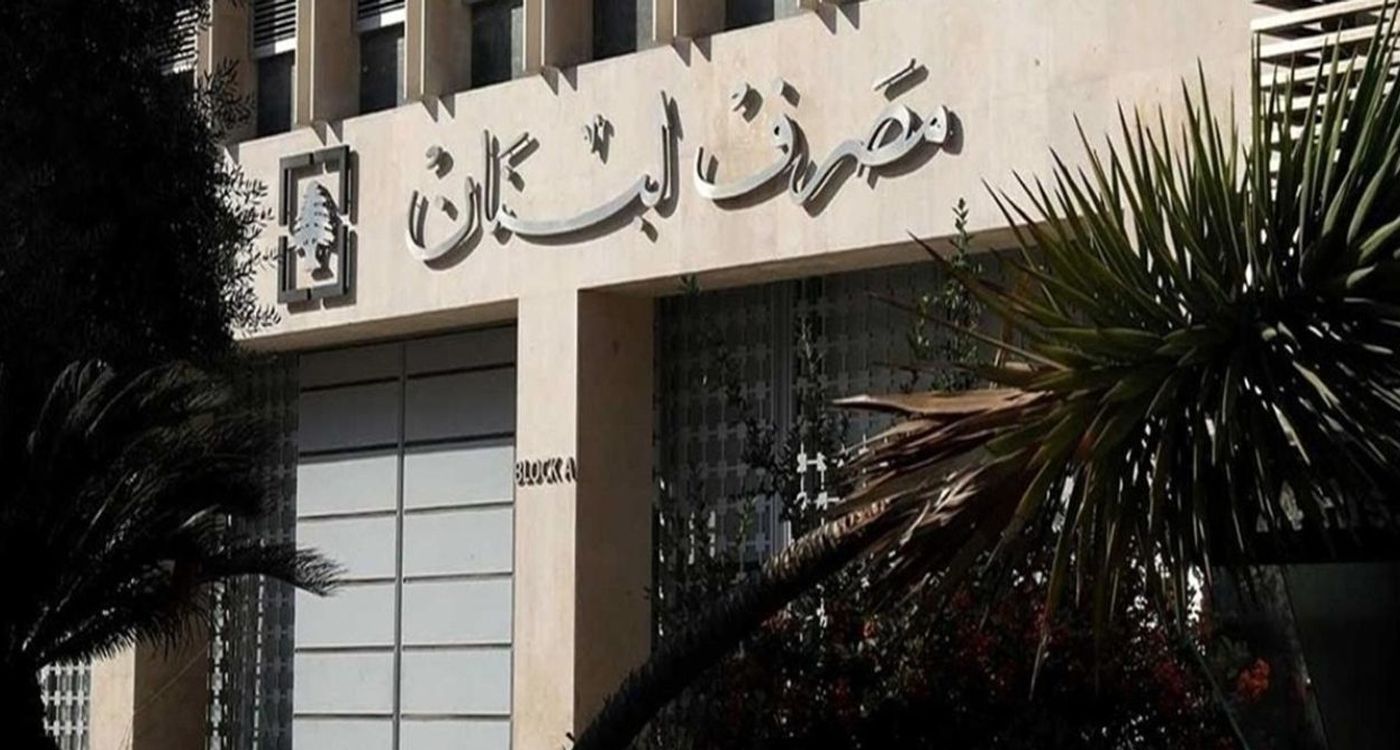
In its meeting on October 9, 2024, the Central Council of Banque du Liban (BDL) amended main circular No. 166, extending its benefits to depositors who converted their funds from Lebanese pounds to foreign currencies after October 30, 2019.
The council also updated main circular No. 147, requiring banks to return outstanding or circulating bank checks — those issued but not yet cashed — to the relevant accounts. This allows depositors to re-credit these funds to their accounts and benefit from the advantages provided by applicable BDL circulars.
In this context, the return of checks effectively “releases funds” back to the account holder, treating the check as if it had never been issued. In other words, the amounts specified on the check are reallocated to the issuer’s original account.
Liquidity Injection
The amendment to circular No. 166, which establishes exceptional measures for the gradual reimbursement of bank deposits, has expanded the pool of beneficiaries. It now encompasses not only deposits made in foreign currencies after October 31, 2019, but also those initially deposited in Lebanese pounds and later converted into foreign currencies.
Under this circular, each beneficiary is allowed to withdraw a monthly amount of $150. However, eligible account holders can only access this provision through a single bank account, even if they hold multiple accounts across different banks, and must not have participated in check trading.
This BDL initiative aims to inject additional liquidity in dollars into the market, thereby bolstering the foreign exchange market and providing crucial financial support to Lebanese citizens amid an unstable security environment.
Sponge Effect
Moreover, the amendment made by BDL to main circular No. 147 regarding the opening of bank accounts raises important questions about its applicability and underlying motivations. The revised text mandates that banks return outstanding checks at the request of their holders and, if necessary, reopen closed bank accounts in the absence of judicial disputes.
In an interview with This is Beirut, Maroun Khater, a finance and economics researcher, describes the BDL's decision regarding the return of checks as an “attempt to defuse a ticking time bomb.” He refers to the outstanding checks held by depositors and commercial speculators who hope for an increase in the official exchange rate to resell their checks at a better price.
Khater interprets this as a “sponge strategy” or a “prerequisite” for a potential decision to raise the official exchange rate. “Otherwise, this decision could be viewed as a preventive measure by the BDL to contain a possible surge in the exchange rate,” he explains.
The text of the circular clearly states that the decision by the BDL's Central Council was made after consulting with the Association of Banks in Lebanon (ABL).
That being said, it is evident that the Central Bank's decisions are not aimed at resolving the crisis but serve as temporary measures while ‘waiting for Godot,’ (expecting a resolution that may never materialize). In any case, can we expect more from the authorities while the country is mired in a war it never sought?




Comments